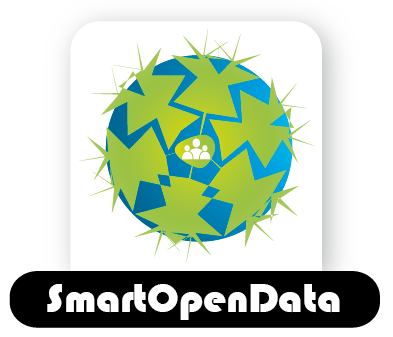Concept and objectives
SmartOpenData will create a Linked Open Data infrastructure (including software tools and data) fed by public and freely available data resources, existing sources for biodiversity and environment protection and research in rural and European protected areas and its National Parks.
This will provide opportunities for SMEs to generate new innovative products and services that can lead to new businesses in the environmental, regional decision-making and policy areas among others. The value of the data will be greatly enhanced by making it available through a common query language that gives access to related datasets available in the linked open data cloud.
The commonality of data structure and query language will overcome the monolingual nature of typical datasets, making them available in multiple languages.
Background and motivation
Linked Open Data is becoming a source of unprecedented visibility for environmental data that will enable the generation of new businesses as well as a significant advance for research in the environmental area. Nevertheless, in order for this envisioned strategy to become a reality, it is necessary to advance the publication of existing environmental data, most of which is owned by public bodies.
This project is focused on how Linked Open Data can be applied generally to spatial data resource and specifically to public open data portals, GEOSS Data-CORE, GMES, INSPIRE and voluntary data (OpenStreetMap, GEPWIKI, etc.), and how it can impact on the economic and sustainability progress in European Environment research and Biodiversity Protection.
There exist many different information sources for protecting biodiversity and environmental research in Europe -in coastal zones, agricultural areas, forestry, etc.-, mainly focused on the Natura 2000 network, and areas where environmental protection and activities like agriculture, forestry or tourism need to be balanced with the Habitats Directive and the European Charter for Sustainable Tourism in Protected Areas. Nevertheless, the economic value of these areas is still largely unknown.
SmartOpenData will define mechanisms for acquiring, adapting and using Open Data provided by existing sources directly involved in the project for biodiversity and environment protection in rural and European protected areas and its National Parks.
Through target pilots in these areas, the project will (i) harmonise geospatial metadata (ISO19115/19119 based) with principles of Semantic Web, (ii) provide spatial data fusion introducing principles of Linked Open Data, (iii) improve spatial data visualisation of Geospatial Linked Open Data and (iv) publish the resulting information according to user requirements and Linked Open Data principles to provide new opportunities for SMEs.
The project will reuse existing European Spatial Data Infrastructures (SDI), based on INSPIRE, GMES and GEOSS (Free Pan European Data Sets like CLC, Natura 2000, Habitats, Plan4all, Plan4bussines, EnviroGRIDS, Brisedie, GEOSS registries, national INSPIRE portals, thematic portals like National Forestry portals together with local and regional data) and will extend it using Linked Open Data. Research and Development Partners will provide extension of current INPIRE/GMES/GEOS based Spatial Data Infrastructure.
The SMEs involved will develop new services based on this data and research on biodiversity. Environmental Agencies and National Parks will benefit by improving their knowledge of their biodiversity, maintenance and protection. Public bodies, researchers, companies and European citizens will take a central role in user-driven pilots developed to enhance the potential of protected areas. Innovation by third party SMEs will be encouraged by the promotion of royalty-free open standards and best practices generated, initiated or simply highlighted by SmartOpenData.
Open public data resources for re-use is one of the key priorities of the Digital Agenda for Europe. Data available in public European organisations have an enormous potential economic growth. Nevertheless, finding and accessing environmental information isnÔÇÖt always straightforward1. The project will make spatial data easier to discover and use, having a positive impact on the public and standard availability of data according to the Linked Open Data Strategy for the purpose of environmental information.
The target pilots will involve SMEs focusing on human activities (forestry, tourism, agriculture) in rural and protected areas such as National Parks and coastal zones. This availability will allow the addressing of globally environmental issues that are not affordable at this moment in terms of costs, efficiency and sustainability.
Vision and goal
The vision of the SmartOpenData project is that environmental and geospatial data concerning rural and protected areas can be more readily available and re-usable, better linked with data without direct geospatial reference so different distributed data sources could be easily combined together. SmartOpenData will use the power of Linked Open Data to foster innovation within the rural economy and increase efficiency in the management of the countryside. The project will prove this in a variety of pilot programmes in different parts of Europe.
SmartOpenData goal is making INSPIRE/GMES/GEOSS infrastructure better available for citizens, but also mainly for SME developers. On one hand, Europe and EU invest hundreds of millions of Euros in building the INSPIRE infrastructure. On the other hand, most of European SMEs and citizens use for their applications Google maps. National and regional SDIs offer information which is not available on Google, but this potential is not used. One of the main goals of SmartOpenData is making European Spatial Data easily re-usable not only by GIS experts but also by SMEs.
In order to support Open Data Strategy for Europe and increase re-use of open public data from the European Commission, SmartOpenData will use where possible data and services from EC Open Data Portal2. In addition, any application built on this data source will be registered on this portal3. Same initiative is ongoing on national level, where SmartOpenData participants will try to disseminate the project outcomes in the same way.
DKMERS INVOLVED: Loris Bozzato, Gaetano Calabrese, Luciano Serafini.
Date: Friday, 1 November, 2013 to Sunday, 1 November, 2015

Website:
